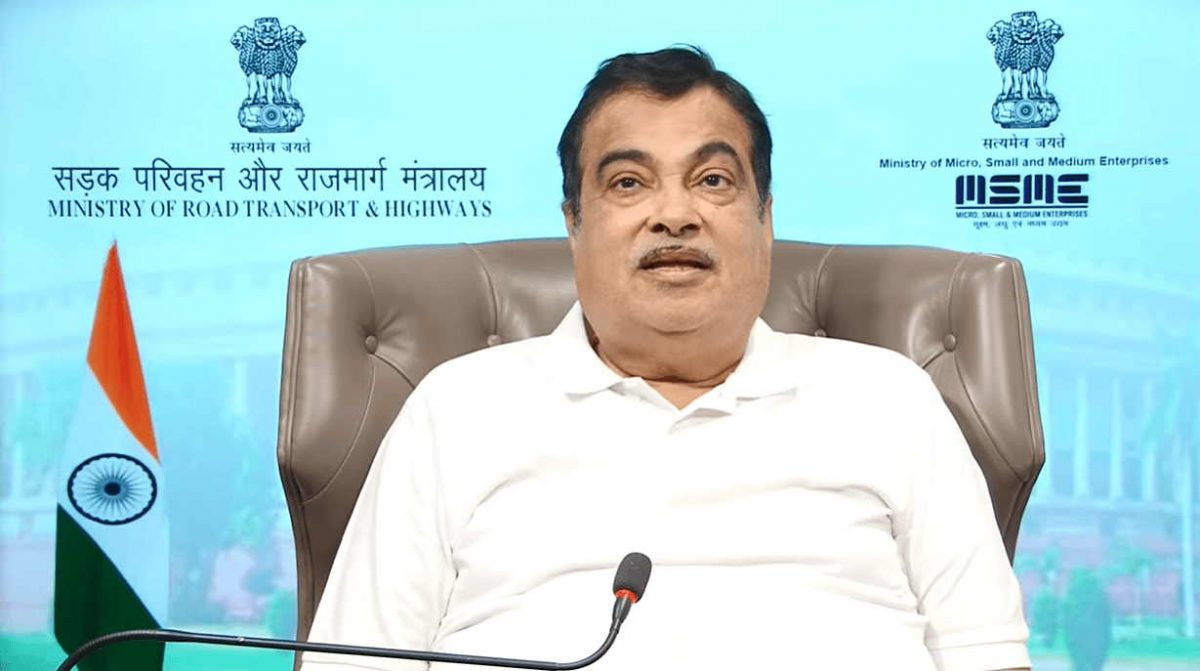Union Transport Minister Nitin Gadkari said on Thursday that the transport ministry had approved an investment of Rs13,000 crore for the new Delhi-Dehradun expressway which would cut the travel time between the two cities to less than 3 hours from the close to 7 hours that it takes at present.
The road is designed for driving at a minimum speed of 100 kilometre per hour. The motorway will have an elevated 12-kilometer stretch to enable unhindered movement of animals. It will be Asia's largest such wildlife corridor.
"The Delhi-Saharanpur-Dehradun Economic corridor, work on which is underway, will reduce the distance between the two cities from 235 kilometres to 210 kilometres, and travel time from 6.5 hours as of now, to just 2.5 hours, once it is completed. This will be the country's first highway where there will be a 12-kilometer-long elevated corridor for protection of wildlife," the government said in a statement.
The expressway will have a total 25 kilometres of elevated road – 6 kilometres in open, 14 in tunnels. The six-lane highway will pass through pristine forest areas.
The government said the land acquisition and environmental clearance processes are in final stages.
"Wayside amenities every 25-30 km have been provisioned for enhancing the road user experience. Closed toll mechanism would be adopted to enable pay toll only to the extent of highway used," it added.
In this year’s Budget, the Centre had allocated an amount of ₹1.18 lakh crore for the highways sector with Union finance minister Nirmala Sitharaman adding that execution of flagship highways corridors, as well as projects, would speed up. Apart from the Delhi-Dehradun expressway, work will also start for the Delhi-Mumbai Expressway, Bengaluru-Chennai Expressway among others.
According to an official release of the transport ministry, the Delhi-Saharanpur-Dehradun Economic corridor, which is currently under construction, is expected to be operational in about two years from now.




















